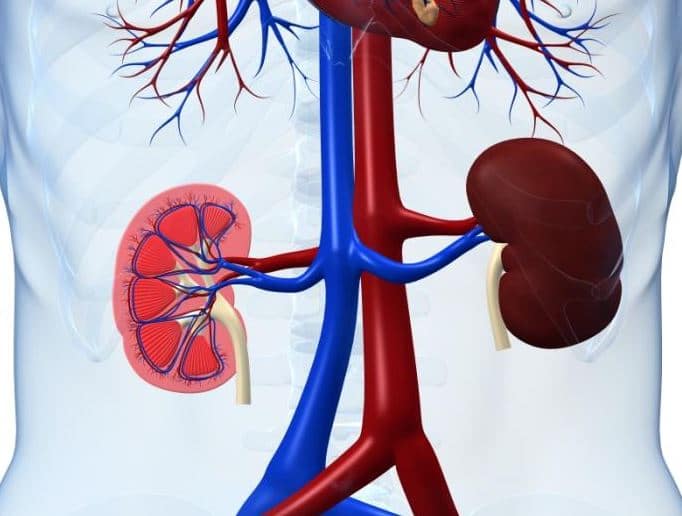
Being diagnosed with chronic kidney disease (CKD) failure is a scary time in many people’s lives. Yet, it is news that approximately 31 million people hear during their lifetime. There are many different types of treatment available. Many of these people end up needing dialysis. Here are five signs that you may need dialysis.
When the Glomerular Filtration Rate Is Less Than 15 Milliliters Per Second
Doctors often recommend dialysis as a CKD Treatment when the glomerular filtration rate falls to less than 15 milliliters per second. This test measures how much blood passes through the tiny filters in the kidney called glomeruli. Many different factors including your age, height, weight and heritage are figured into the results before a number is arrived at after a blood sample has been studied.
Signs of Uraemia Are Present
Uraemia is a buildup of amino acids, urea or creatinine in the blood. People who have uraemia often have many different symptoms including fatigue, unexplained weight loss and muscle atrophy. They may also feel like they are going to vomit frequently and be mentally confused. The wide-ranging symptoms can make the initial diagnosis of CKD difficult.
Inability to Control Hydration Status
One of the primary concerns, when a person cannot control their hydration status, is keeping their electrolytes balanced. In particular, sodium and potassium levels often rise or fall sharply. Severe disturbances can lead to heart rhythm problems and to seizures.
Problems with Blood Pressure
Unregulated high blood pressure can be one of the reasons that a person goes on dialysis. High blood pressure can hurt arteries throughout the body leaving a person more likely to have a stroke or other health concerns. Furthermore, hypertension can cause problems with the body’s hormonal system.
Deterioration of Nutritional Status
Complications from diabetes can make it difficult for some people with early kidney problems to maintain their nutritional status. As the kidneys continue to deteriorate, these people often develop proteinuria, a condition causing protein in the urine. Going on dialysis along with eating a low-protein diet often corrects this problem that left untreated often compound high blood pressure and diabetes.
In the end, going on dialysis is a very personal condition that must be made by the individual in consultation with caring family members and a physician. It can prolong some people’s lives while helping them feel better. Other medical conditions can also be helped when a person with CKD goes on dialysis.

